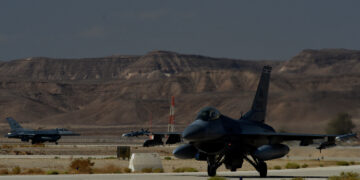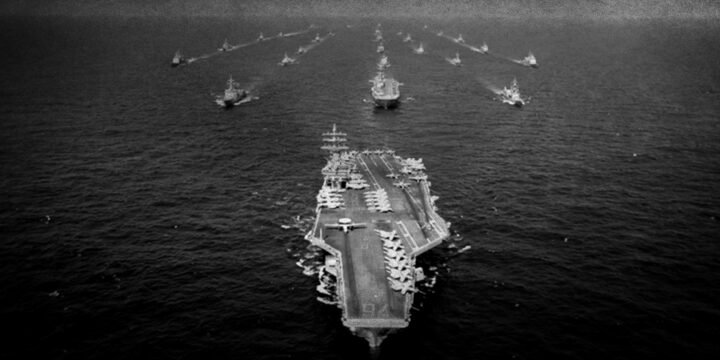May 9, 2016
The petroleum paradox: oil, coercive vulnerability, and great power behavior

Why do great powers fear oil coercion, and what explains the strategies they adopt to protect themselves from it? The paper identifies three types of anticipatory strategies great powers pursue: self-sufficiency, indirect control, and direct control. A state’s choice of strategy depends on its degree of vulnerability to oil coercion, which in turn is determined by two independent variables: the amount of oil the country possesses compared to what it needs to meet strategic objectives and the susceptibility of its imports to physical disruption. Great powers fear oil coercion not only because they worry about damage to their economies; petroleum denial also threatens a country’s military capabilities. Four case studies illustrate the theory, including Great Britain’s efforts to reduce coercive vulnerability at the close of the First World War and Adolf Hitler’s attempts across three periods to safeguard German oil access before and during World War II.
More on Middle East

By Jennifer Kavanagh and Dan Caldwell
July 9, 2025

Featuring Rosemary Kelanic and Jennifer Kavanagh
June 30, 2025






